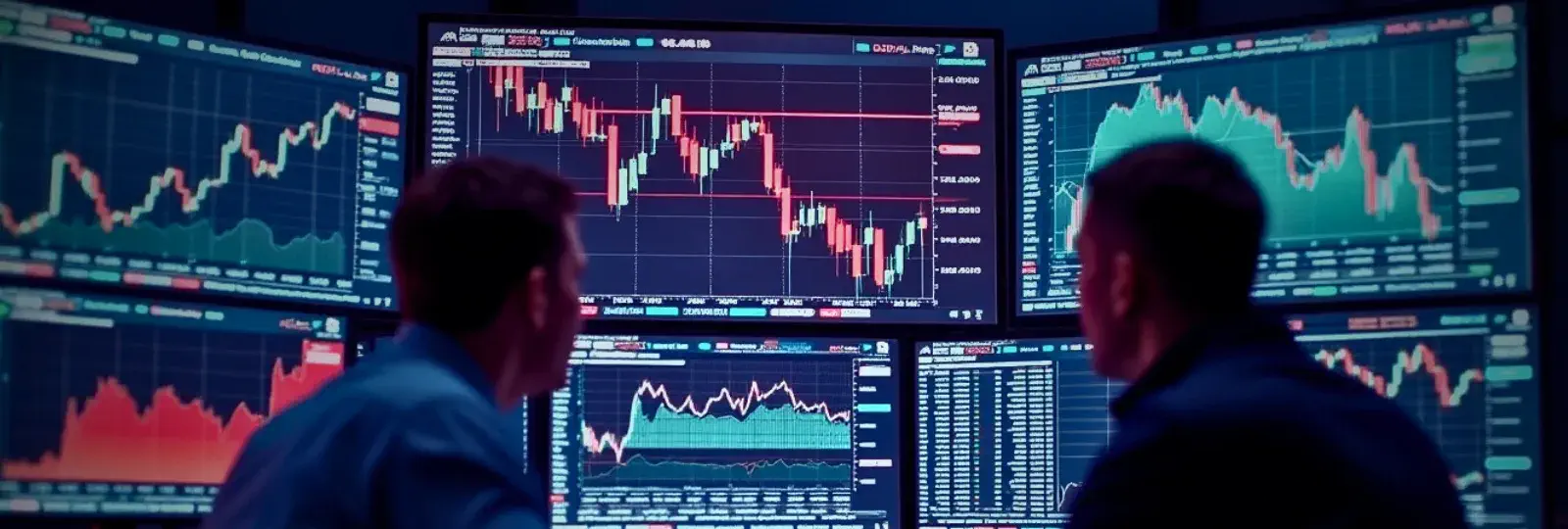- The listing of several spot crypto ETFs, including Solana and Litecoin, is still on hold as SEC staff furloughs delay key registration reviews.
- Filings under Rule 19b-4 for multiple digital asset products have already missed their deadlines but are being covered under the Generic Listing Standards framework.
- BTC’s Fear and Greed Index bounced to 42% reflecting a neutral sentiment among market participants.
On Monday, the crypto market witnessed a bullish rebound as Bitcoin attempted to regain $115,000. The buying pressure came as a relief rally after a sudden sell-off that shook the market with its largest liquidation in history. Investors anticipated the upswing to gain momentum in October amid the broader bullish sentiment and the SEC’s approaching deadline for several crypto ETPs.
Government Shutdown Freezes SEC Review
Greg Xethalis, General Counsel at Multicoin Capital Management, gave an in-depth explanation on the current regulatory purgatory of pending spot crypto exchange-traded products (ETPs), which he said has seen a lull due to the ongoing closure of the U.S. government.
“There’s some confusion that exists concerning the SEC and spot ETPs,” wrote Xethalis in an X post. “Basically, we’re waiting for the government to open up again (probably).”
A number of submissions of digital asset products under SEC Rule 19b-4 for products linked to Solana, Litecoin, XRP, Bitcoin Cash, and Avalanche have not only met their process deadlines but also reached them this month. The Generic Listing Standards (GLS) seem to render such filings superfluous, and although technically automatically effective, exchanges will ultimately list the products via GLS procedures.
The S-1 and 8-A Bottleneck Explained
Xethalis said the 19b-4 pathway is just one element in the regulatory pathway. You also have to register under the 1933 Act (the S-1s) and the 1934 Act (the 8-As). S-1 registration statements, the registration statements used to register new securities, invariably have a delaying amendment that prevents them from going into effect without SEC approval.
That step has been turned into a bottleneck. Xethalis said the furlough has affected the SEC staff reviewing these products. As a result, new registration statements would be slowed down and would wait until the government opens up. The more conservative estimate for SOL ETPs was within a week of when the government restarts operations.
However, a number of issuers have decided to go it alone under Section 8(a) of the Securities Act of 1933. Technically, the issuers can dissociate the delaying amendment and go into effect within 20 days of filing. In addition, a couple of crypto ETPs (Canary LTC, Bitwise SOL, and Grayscale SOL) and a handful of IPO issuers have withdrawn their delayed amendment. Still, he warned that this doesn’t mean that they will launch Halloween (after the 20-day time period expires).
Exchanges Have Uncertain Listing Route
The remaining steps in the process are the filing of Form 8-A, registration of the securities under the 1934 Act, and the resulting exchange notices under Section 12(b). Whether the NYSE Arca, CBOE BZX, and NASDAQ will support a movement in the direction of listing these products without SEC action to accelerate the effectiveness is uncertain.
Therefore, the procedural deadlines must not be mixed with launch dates. The short version: don’t worry about the October 19b-4 deadlines. These are SRO Rule deadlines and not launch deadlines, and all the rule proposals in question were approved under the Generic Listing Standards.
Also Read: Binance Promises Compensation After Market Depeg Incident


